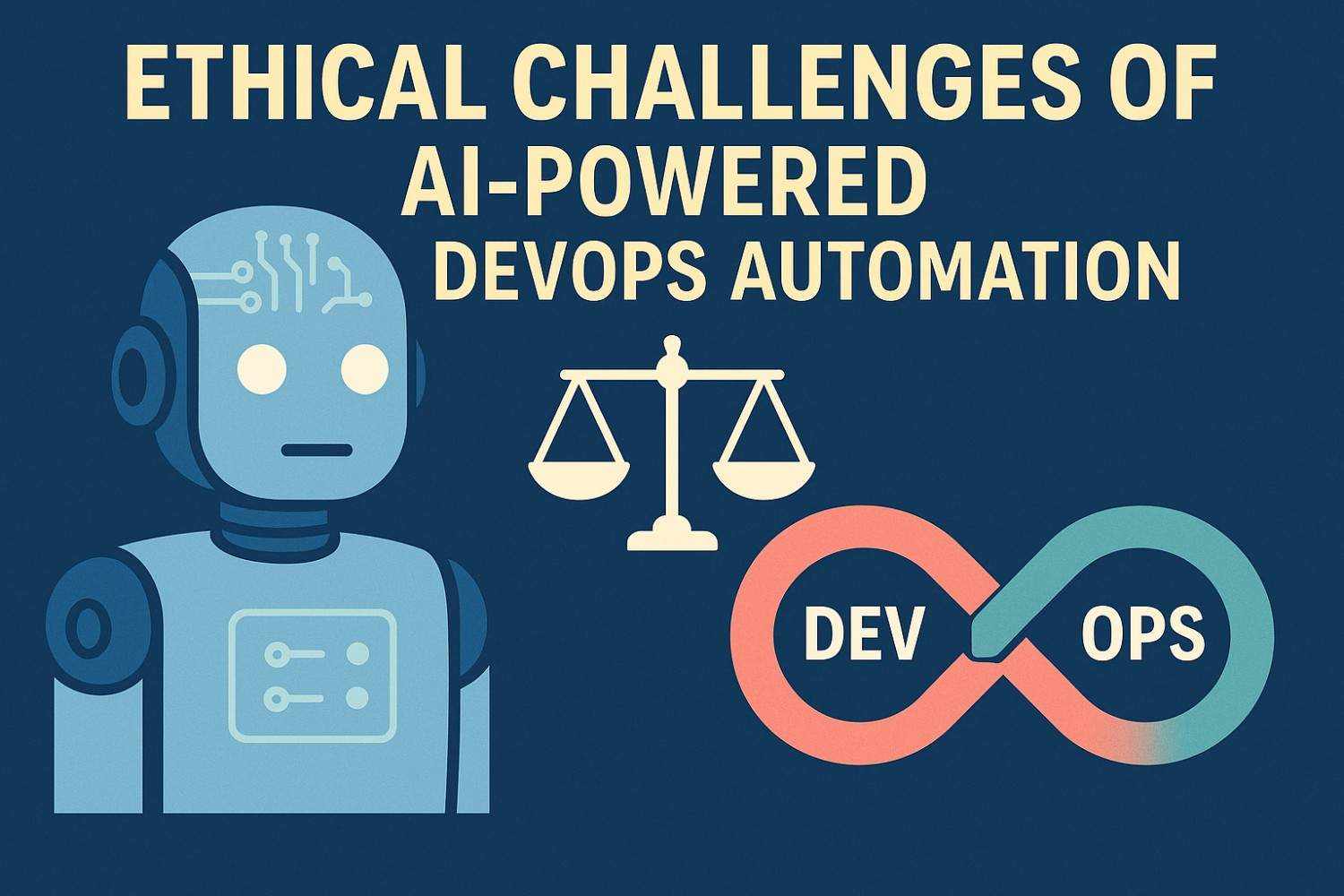
Navigating the Complex Ethical Landscape of AI in DevOps
Ethical Challenges of AI-Powered DevOps Automation have emerged as one of the most critical considerations facing organizations in 2025, as artificial intelligence for devops becomes increasingly sophisticated and autonomous. By 2025, DevOps practitioners skilled in AI will lead digital transformations, turning potential disruptions into competitive advantages, yet this technological evolution brings unprecedented ethical responsibilities that cannot be ignored.
The role of ai in automating devops processes extends far beyond simple task automation, encompassing decision-making capabilities that directly impact software quality, security, and organizational operations. As AI systems become more autonomous in managing deployment pipelines, monitoring production environments, and responding to incidents, the ethical implications of these automated decisions become increasingly complex and consequential.
The challenge lies not in the technology itself, but in ensuring that AI-powered automation serves human interests while maintaining transparency, accountability, and fairness throughout the software development lifecycle.
Understanding AI Accountability in DevOps Automation
The Fundamental Challenge of Automated Decision-Making
AI accountability in DevOps automation represents one of the most pressing ethical concerns facing modern software development teams. When AI systems make autonomous decisions about code deployments, resource allocation, or incident response, establishing clear lines of responsibility becomes crucial for maintaining organizational integrity and user trust.
If we chase velocity at the expense of oversight, we risk losing the trust, safety and accountability that DevOps has fought so hard to earn. This statement encapsulates the core tension between the efficiency gains promised by AI automation and the fundamental need for human oversight and responsibility.
The complexity of AI decision-making processes often creates what experts call "algorithmic opacity," where the reasoning behind automated actions becomes difficult to understand or explain. This lack of transparency can lead to situations where teams cannot adequately justify deployment decisions, security responses, or resource allocation choices to stakeholders, regulators, or end users.

Establishing Clear Responsibility Frameworks
Organizations implementing AI-powered DevOps automation must establish clear frameworks that define who is responsible when automated systems make incorrect or harmful decisions. Establish clear lines of responsibility and oversight for AI-driven processes to maintain trust and confidence in the system.
These frameworks should address various scenarios, including deployment failures caused by AI recommendations, security incidents resulting from automated responses, and performance degradations due to AI-driven resource optimization. Without clear accountability structures, organizations risk creating environments where errors are difficult to trace and resolve effectively.
Ethical Implications of AI in DevSecOps
Security and Privacy Considerations
Ethical implications of AI in DevSecOps encompass a broad range of concerns related to data privacy, security vulnerability management, and automated threat response. Data privacy concerns when AI models process sensitive information, bias and fairness issues in AI-driven decision-making, regulatory scrutiny from global compliance frameworks such as GDPR, HIPAA, and SOC 2, security vulnerabilities in AI-powered automation that attackers could exploit represent just some of the key challenges organizations must address.
AI systems in DevSecOps environments often require access to sensitive code repositories, production data, and security logs to function effectively. This access creates potential vulnerabilities where AI systems could inadvertently expose confidential information or create new attack vectors for malicious actors.
Bias and Fairness in Automated Processes
Biased algorithms used in hiring or loan decisions can perpetuate discrimination and inequality. Automated decision-making systems in the criminal justice system could lead to biased sentencing and incarceration rates. While this example relates to other domains, similar bias concerns apply to DevOps automation.
AI systems trained on historical data may perpetuate existing biases in development practices, deployment strategies, or resource allocation decisions. For example, if historical data shows that certain types of applications receive more resources, AI systems might continue this pattern even when it's no longer appropriate or fair.
AI Governance Frameworks for DevOps Automation
Developing Comprehensive Governance Strategies
AI governance frameworks for DevOps automation must address the unique challenges of software development environments while maintaining alignment with broader organizational ethics policies. By 2025, we'll see a more significant push toward developing standardized governance frameworks, best practices, and shared tools that promote trust and transparency.
Effective governance frameworks should include policies for AI model validation, automated decision review processes, audit trail requirements, and escalation procedures for complex situations. These frameworks must be flexible enough to accommodate rapid technological changes while providing sufficient structure to ensure consistent ethical behavior.
Regulatory Compliance and Standards Alignment
The global AI regulation landscape is fragmented and rapidly evolving. Earlier optimism that global policymakers would enhance cooperation and interoperability within the regulatory landscape now seems distant. This regulatory complexity creates additional challenges for organizations implementing AI-powered DevOps automation across multiple jurisdictions.
Organizations must navigate varying regulatory requirements while maintaining consistent ethical standards across their development operations. This challenge is particularly acute for companies operating in multiple countries or serving global customer bases.
Responsible AI DevOps Tools and Platforms
Selecting Ethically-Designed Automation Tools
Responsible AI DevOps tools and platforms should incorporate ethical considerations by design, providing transparency features, bias detection capabilities, and human oversight mechanisms. These tools must balance automation efficiency with the need for human control and accountability.
Organizations are adopting stricter frameworks for ethical AI in software development, ensuring transparency, accountability, and bias reduction. This trend reflects growing awareness of the importance of ethical considerations in tool selection and implementation processes.
Modern AI DevOps platforms should include features such as explainable AI capabilities, audit logging, decision review workflows, and configurable human approval requirements for critical operations. These features help organizations maintain ethical standards while benefiting from AI automation capabilities.
Implementation Best Practices
When implementing AI-powered DevOps automation, organizations should prioritize gradual rollouts with extensive monitoring and feedback mechanisms. Automation should be designed to augment rather than replace human capabilities, focusing on routine tasks while escalating complex situations to appropriate experts.
This approach ensures that human expertise remains central to critical decision-making processes while allowing AI systems to handle routine operational tasks efficiently and accurately.
AI Risk Management in DevOps Pipelines
Identifying and Mitigating Automation Risks
AI risk management in DevOps pipelines requires systematic approaches to identifying potential failure modes, assessing their impact, and implementing appropriate mitigation strategies. Common risks include over-reliance on historical data, inadequate error handling, and insufficient human oversight of critical decisions.
Risk management strategies should include regular model validation, performance monitoring, fallback procedures for AI system failures, and clear escalation paths for unusual situations. Organizations must also consider the cumulative effects of multiple AI systems operating simultaneously within complex DevOps environments.
Continuous Monitoring and Improvement
Effective risk management requires continuous monitoring of AI system performance, regular assessment of ethical implications, and ongoing refinement of governance policies. This iterative approach ensures that ethical considerations evolve alongside technological capabilities and organizational needs.
AI Auditing Tools for DevOps Workflows
Implementing Comprehensive Audit Capabilities
AI auditing tools for DevOps workflows provide essential capabilities for maintaining transparency and accountability in automated processes. These tools should track AI decision-making processes, log all automated actions, and provide clear audit trails that can be reviewed by human oversight teams.
Monitor systems, not people. Only collect what's essential—and disclose what's collected. This principle highlights the importance of focused, ethical data collection practices in AI auditing implementations.
Audit tools should also include capabilities for detecting bias in AI decisions, identifying anomalous behavior patterns, and generating reports that demonstrate compliance with ethical guidelines and regulatory requirements.
Building Trust Through Transparency
Transparency in AI operations builds trust among development teams, stakeholders, and end users. Audit tools that provide clear visibility into AI decision-making processes help organizations demonstrate their commitment to ethical AI practices and responsible automation implementation.
Professional Services and Expert Guidance
Accessing Specialized Expertise
Organizations seeking to implement ethical AI DevOps automation often require specialized expertise to navigate the complex intersection of technology, ethics, and business requirements. AI consulting services for ethical DevOps adoption provide valuable guidance for organizations looking to implement responsible automation practices.
Mobile app developers in dubai and hire AI consulting devops developers in UAE represent growing markets for specialized AI DevOps expertise, particularly as Middle Eastern organizations increasingly adopt AI technologies while maintaining cultural and regulatory compliance.
Professional consulting services should include ethical framework development, risk assessment, audit implementation, and ongoing compliance monitoring to ensure that AI automation initiatives align with organizational values and regulatory requirements.
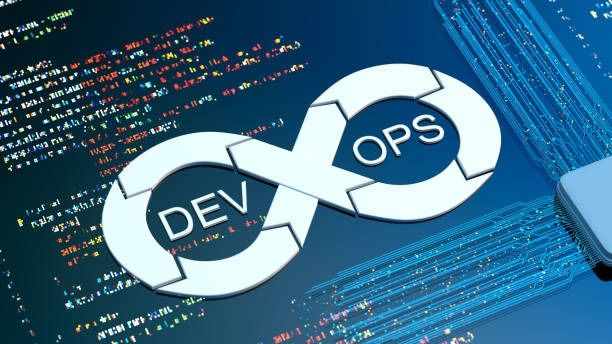
Development Services for Ethical AI Applications
iOS devops app development services and android devops app development services increasingly incorporate ethical AI considerations, ensuring that mobile applications support responsible automation practices while maintaining user privacy and security.
These development services must address unique challenges related to mobile deployment automation, app store compliance, and cross-platform compatibility while maintaining ethical standards throughout the development lifecycle.
Future Outlook: Building Sustainable AI DevOps Practices
Emerging Trends and Best Practices
The future of ethical AI in DevOps will likely include more sophisticated governance tools, enhanced transparency requirements, and increased regulatory oversight. Organizations that proactively address ethical challenges today will be better positioned to adapt to evolving requirements and maintain competitive advantages.
Key trends include the development of industry-standard ethical frameworks, increased emphasis on explainable AI in DevOps contexts, and growing collaboration between technology providers and ethics experts to create more responsible automation solutions.
Strategic Recommendations for Organizations
Organizations should invest in comprehensive ethical training for DevOps teams, implement robust governance frameworks, and establish clear policies for AI system oversight. These investments will pay dividends in terms of reduced risk, improved stakeholder trust, and enhanced organizational reputation.
Conclusion: Balancing Innovation with Responsibility
AI-powered DevOps automation ethics will continue to evolve as technology advances and organizational understanding of ethical implications deepens. The key to successful implementation lies in maintaining a balanced approach that embraces AI capabilities while preserving human oversight, accountability, and ethical decision-making.
The organizations that successfully navigate these ethical challenges will not only achieve operational excellence but also build sustainable competitive advantages based on trust, transparency, and responsible innovation practices.
Ready to implement ethical AI DevOps automation in your organization? Contact our expert team to discuss governance frameworks, risk management strategies, and responsible automation implementation. Schedule a consultation with our AI ethics specialists and discover how to balance innovation with accountability in your DevOps operations.



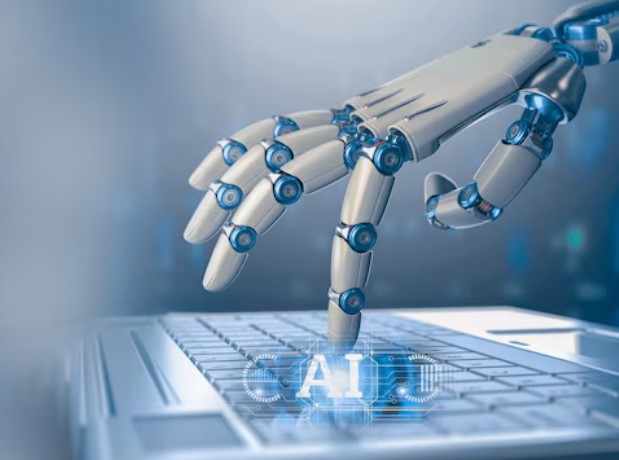

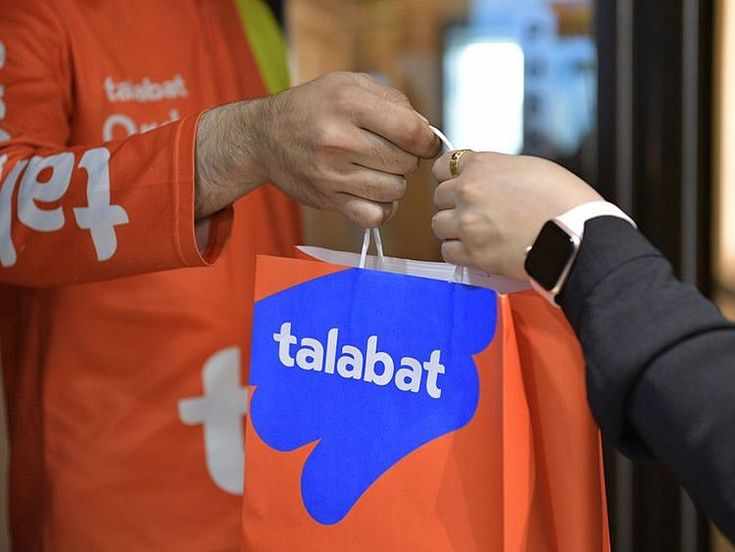


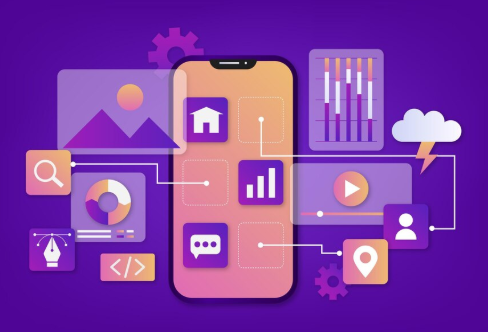

Write a comment ...